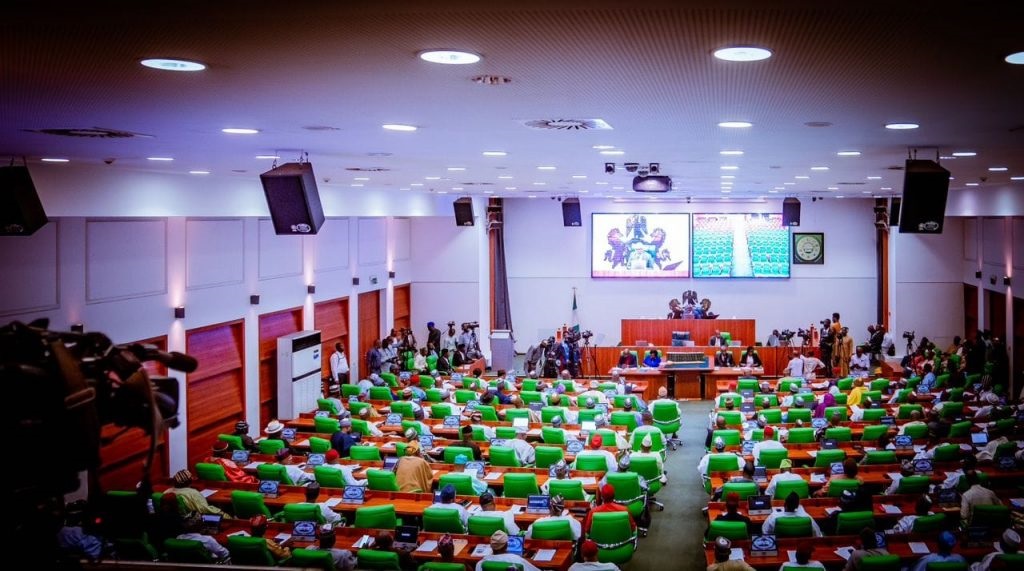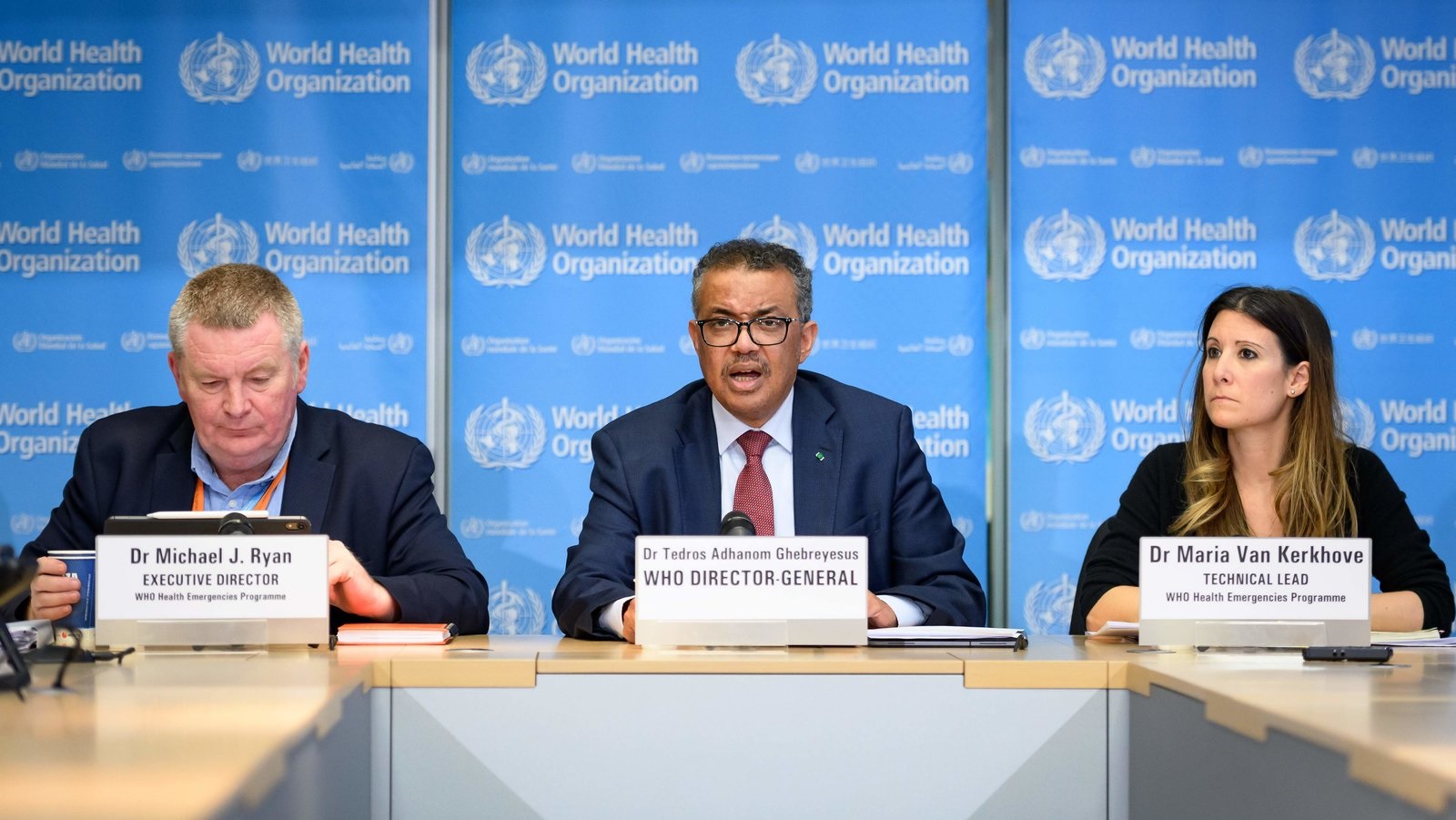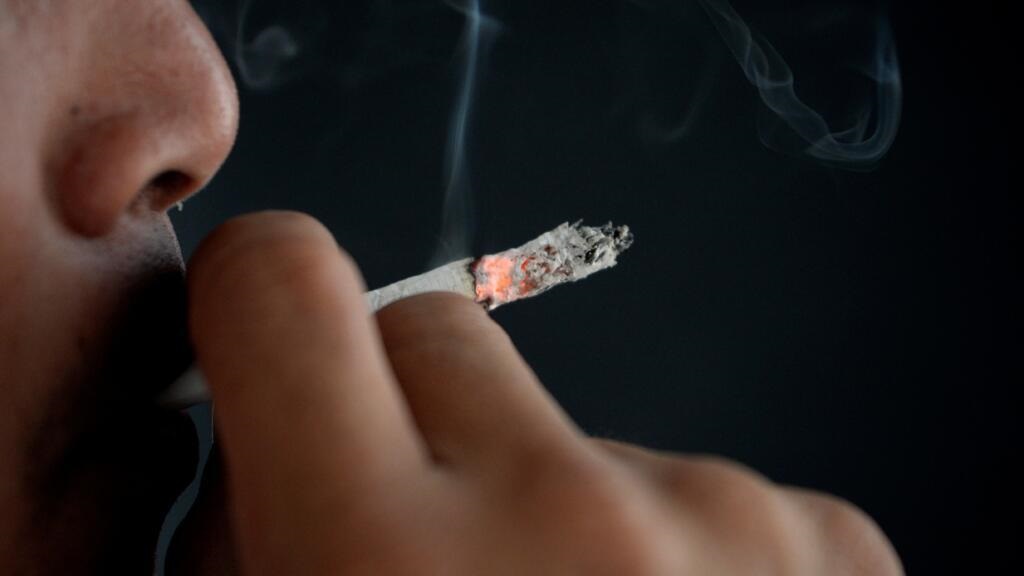The House of Representatives has tasked the Federal Ministry of Health, the Nigeria Centre for Disease Control (NCDC), and the National Primary Health Care Development Agency with enforcing mandatory diphtheria immunisation across the country.
This resolution followed the adoption of a motion of urgent public importance moved by Rep. Bitrus Laori (PDP–Adamawa) during plenary on Wednesday.
The House called for compulsory diphtheria vaccination, testing, and treatment across all healthcare centres in Local Government Areas nationwide.
The News Agency of Nigeria (NAN) reports that diphtheria is a bacterial infection caused by Corynebacterium species, affecting the nose, throat, and skin, and in severe cases, the heart.
The disease forms a thick, grey coating at the back of the throat, making breathing difficult. However, it is easily preventable through vaccination.
Leading the debate, Laori described diphtheria as a growing public health concern, noting that the first major outbreak in Nigeria occurred in Borno State in 2011, claiming 21 lives.
He explained that diphtheria spreads through respiratory droplets, contaminated surfaces, and overcrowded, unsanitary environments, making children and individuals with weakened immune systems particularly vulnerable.
According to Laori, the current resurgence of the disease poses a serious threat to Nigeria’s already overstretched public health system.
He added that while diphtheria had been virtually eliminated in countries like the United States and across Europe due to high vaccination coverage, it continued to thrive in parts of Africa with low immunisation rates.
“Diphtheria primarily threatens unvaccinated individuals who travel internationally or come into contact with infected persons.
“In countries like Niger, Gabon, and Mauritania, outbreaks have been controlled effectively due to early detection, lab confirmation, and the availability of antitoxins and antibiotics.”
“In contrast, Nigeria faces a dire situation, with thousands of reported cases and deaths due to insufficient vaccination,” he added.
Laori revealed that between May 2022 and February 2025, Nigeria recorded 41,978 suspected diphtheria cases across several states, including Bauchi, Borno, Jigawa, Kaduna, and Katsina.
He noted that Kano and Yobe accounted for the highest numbers, with 24,062 and 5,330 cases respectively.
Laori said most infections were in children aged 1 to 14, and only 19.7 per cent were fully vaccinated, adding that the outbreak resulted in 1,279 deaths during that period.
He warned that without urgent intervention, the fatality rate could rise, and the disease could spread beyond currently affected states.
He also emphasised the need to address low vaccination rates, ineffective treatment options, and delays in diagnosis, which continued to fuel the outbreak.
The House further urged the Federal Ministry of Information and National Orientation to intensify public awareness campaigns on the dangers, symptoms, and modes of transmission of diphtheria to help curb the spread and reduce fatalities.
In his ruling, Speaker of the House, Rep. Abbas Tajudeen, mandated the Committee on Health and Health Institutions to assess the capacity of healthcare facilities to respond to the diphtheria outbreak.
The committee is to report back within four weeks for further legislative action.
He also instructed the Committee on Legislative Compliance to ensure implementation of the resolution.(NAN)





